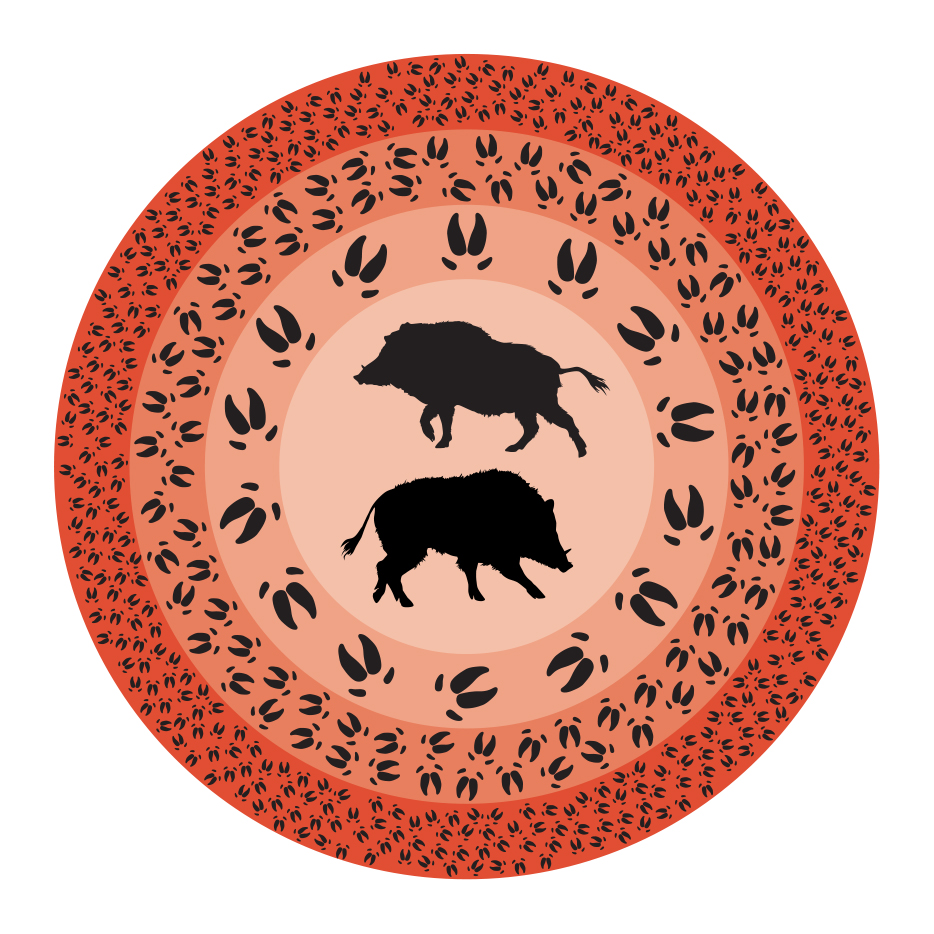Patent-Pending Bait Developed at LSU Could Protect Crops, People
March 07, 2023
Fighting an Invasion of Wild Pigs
Wild pigs are everywhere in Louisiana. They rampage through forests and farms and pose a danger to the environment, people and other animals. There are now more invasive wild pigs in the state than there are people in the most populous cities of New Orleans, Baton Rouge and Shreveport combined—close to 1 million.
Farmers have certainly noticed. Wild pigs cause significant damage to crops, costing farmers more than 90 million annually. Pigs also replicate quickly. A single sow can produce more than 400 descendants in three years. When food is abundant, any local wild pig population can double within mere months.
“And in Louisiana, with our growing seasons, there’s always something to eat,” said Glen Gentry, who is an animal scientist and director and coordinator of two LSU AgCenter research stations, including Idlewild, which specializes in wildlife management.
For close to a decade, Gentry has been working on solutions to the rapidly growing wild pig problem. Together with LSU chemistry professor John Pojman, he has come up with a patent-pending recipe for a bait that wild pigs love to eat. Ironically, the key ingredient is the same as for bacon—pink curing salt, or sodium nitrite.
With $50K in recent support from the Louisiana Legislature and $120K from the Louisiana Department of Wildlife and Fisheries, the researchers are now moving into semi-controlled field trials.

Wild pigs replicate quickly. A single sow can produce more than 400 descendants in three years.
– Elsa Hahne/LSU
“Every farmer out here has this problem with wild pigs, and every year it gets worse. You’re sitting in the combine in the field and you’re cutting through it and there’s nothing there to harvest. It’s very, very frustrating. So, the sooner we get LSU’s solution out here, the better. We want it in the field, and quick.”
Charles Reiners, farmer in Acadia Parish


